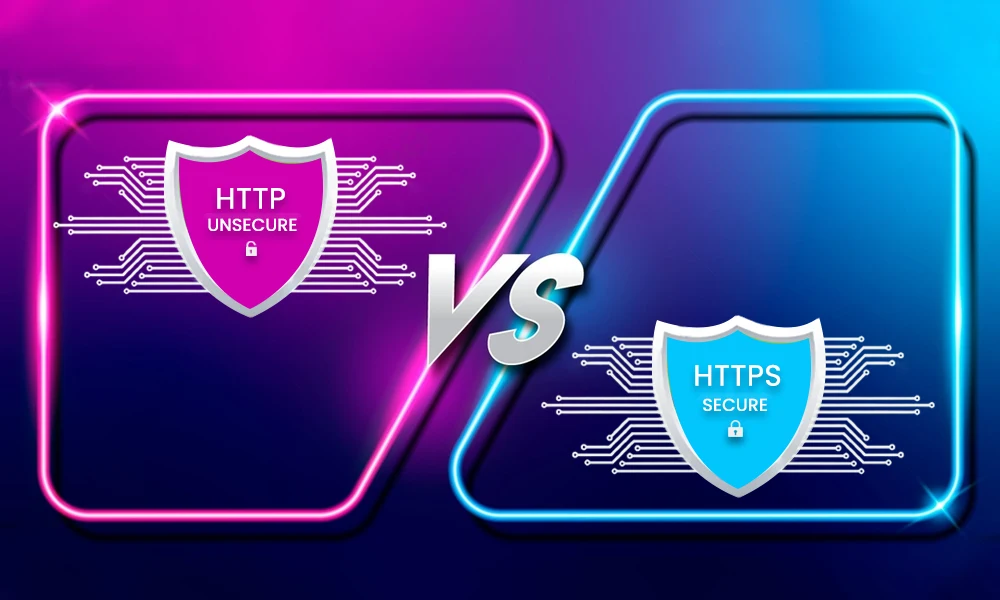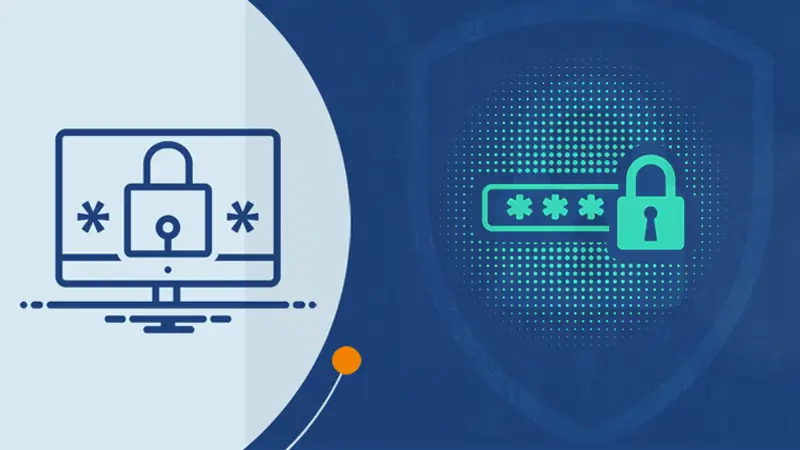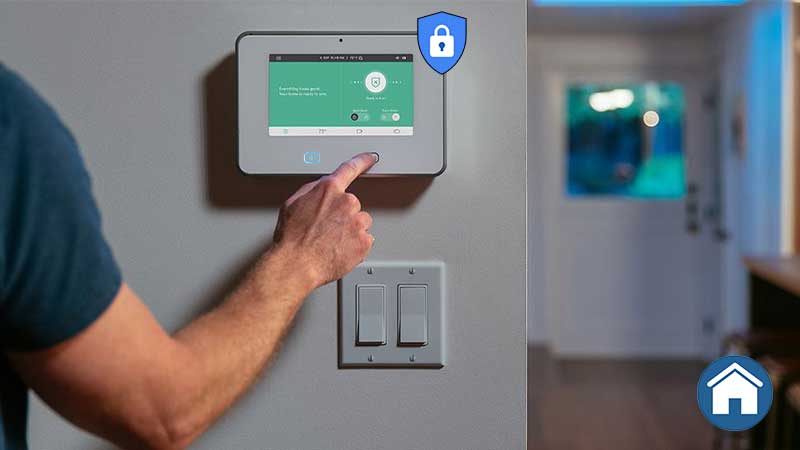Using IP Authorization for Safer Proxy Connection
While browsing with a proxy is already a good way to boost your online security, you can make your connection even safer by enabling IP authorization (also called IP authentication).
There are different types of proxy, each of which has a specialized function.
In this article, we covered all the pros and cons of this underrated proxy security measure, including various benefits of this method and the basic difference between a proxy and VPN.
What’s IP Authorization?
IP authorization (authentication) is a standalone proxy authorization method that lets you gain access to your proxy server using the fixed IP address issued by your ISP. This method isn’t used as often as those logins and passwords, but it’s actually a much safer option.
Imagine that you purchase access to one of those fast Canada proxy servers. You can either choose to log in with a user name and password or add your real IP to the server whitelist. By choosing the second, you tell the server to limit access to that single legit IP address. If you have multiple devices that need access to the same proxy server, you should look for a provider that allows whitelisting of multiple IPs. Fortunately, most providers allow up to 15 whitelisted IPs.
Benefits of IP Authorization
Here is the list of benefits you can obtain by enabling IP authorization:
- Automatic connection – whitelisted IPs can access proxy servers instantly without requesting any information from the user.
- Automatic connection saves a lot of time for users and companies that operate multiple proxy servers and want a seamless workflow;
- Enhanced protection – it’s quite clear that you can keep your device anonymous 24/7 with a fixed-IP VPN service. You can double that protection by whitelisting your custom VPN IP and keeping it on all the time to enter a proxy server and double change the IP. Many experts consider it the best way to anonymize your activity on the web.
Drawbacks of IP Authorisation
Unfortunately, this authentication method isn’t flawless:
- Using IP authentication, you make it a problem for yourself to access private proxy servers from new locations. Every network has a unique IP, which makes it too difficult to whitelist each new one. There’s a way out, though. You can keep your fixed-IP VPN on!
- Another issue may occur if your ISP provides dynamic IPs for enhanced protection from hackers. If your ISP does that, you will face unpredicted IP swaps that may disconnect you from your proxy server all of a sudden. In this case, the whitelisted VPN method will work, but it will cost you more too.
- Setting up a proxy with a whitelisted IP for IP authorization can be a challenge for users who are not tech-savvy enough.
Difference Between a Proxy Server and a VPN
Both proxy servers and VPNs act as middlemen between the user and a website. By changing their IP addresses, proxies and VPNs forward the user’s request to the web server while concealing their location and connection.
| Encryption | Configuration | Traffic | |
| VPN | Encryption tunnel | At system level | Flows through VPN |
| Proxy Server | No encryption | At individual level | Flows through configured apps |
The main distinction is in how they operate and which protocols they support, which affect their privacy and security capabilities.
Because of the way they work, VPNs are generally more secure than proxy servers. VPNs establish an encrypted connection between a user’s device and the public network. The tunnel allows users to surf the web without revealing their IP address or other connection information.
Below is a classification of some of the different types of proxy servers.
Types of Proxy Servers
Proxy servers are classified according to their traffic flow, anonymity level, application, service, IPs, and accessibility.
Forward Proxy Server | A forward proxy is a type of proxy server that typically routes requests from internal network users to the Internet through a firewall. Forward proxies are configured to either ‘allow’ or ‘deny’ the user’s request to access content on the Internet through the firewall. |
Reverse Proxy Server | A reverse proxy is a type of proxy server that typically routes Internet requests through a firewall to users on an internal network; it is essentially, a forward proxy in reverse. Reverse proxies limit and monitor user access to web servers that contain sensitive data. User requests are routed to the reverse proxy via the Internet and a firewall |
Anonymous Proxy Servers | 1. High Anonymity Proxy Server Proxies with a high level of anonymity provide the most security for a user. They hide the user’s IP address and do not identify themselves as web server proxies. 2. Anonymous Proxy Server When a user visits a website, an anonymous proxy hides the user’s true IP address. By changing its geolocation to the web server, the proxy server distorts its own IP address. |
| 3. Transparent Proxy ServerAn anonymous proxy is the inverse of a transparent proxy. Transparent proxies, as the name implies, do not conceal any identifying information about the user. | |
| Protocol Proxy Servers | HTTP Proxy ServerHTTP proxies use the HTTP protocol and are not user-configurable. Instead, they are set up by the browser or through the website’s interface. HTTPS Proxy ServerThe HTTPS proxy works in the same way as the HTTP proxy, but it establishes secure connections. |
Note: TOR (The Onion Router) is a free, open-source web browser that anonymizes internet traffic by routing it through a network of volunteer servers.
Now that you have a good understanding of different types of proxy servers, let’s check whether proxy servers are safe to use or not?
Are Proxy Servers Safe to Use?
The security of a proxy is determined by the proxy type and server configuration. Before engaging in any type of Web activity, users must go through the basics of a proxy.
While proxy services provide some privacy by masking the user’s IP address, the proxy itself logs this information as well as browsing history. Depending on the type of proxy, this information could be forwarded to third parties, resulting in a data breach.
Note: Some proxies are not configured with encryption, which means that the user’s online activity is visible to anyone.
Private proxies are more secure than public proxies because they give users exclusive access rather than being accessible to anyone on the Internet.
Free proxies are generally the least secure to use because they have open access and are frequently unencrypted.
Closing Note
Well, if you are a beginner who doesn’t need any enhanced protection systems, a login and password method is your best option so far. But if full anonymity and corporate system protection are priorities, the IP authorization method is probably a necessary measure. Consider it as an option to avoid any breaches unless a hacker enters your office, takes you as a hostage, and makes you unlock the computer.
FAQs
Ans: A proxy authorization is a type of authentication. A client application can bind to the directory with its own identity while also being allowed to perform operations by using proxy authorization mechanism.
Ans: FTP, Telnet, HTTP and HTTPS are authentication options for proxy servers.
Ans: The HTTP Proxy-Authorization request header is typically sent after a server returns a 407 Proxy Authentication Required response with a Proxy-Authenticate response header.
Why Media Professionals are Turning to Self-Storage Solutions?
HTTPS vs. HTTP: What’s the Difference?
FreeVINCheck Review: Top-rated Site for Free VIN Check…
VinCheckFree Review: Run a Free VIN Check Instantly…
How do Options Derivatives Work, Their Features, And…
All About Car Accidents Lawyers
Best Five Password Managers to Save, Manage and Protect…
The Top 5 Benefits of Having a Home…
Home Security Systems: 5 Common Problems and How…
Why It Is Important to Check a Used…
Getting a Personal Injury Lawyer in the UK












